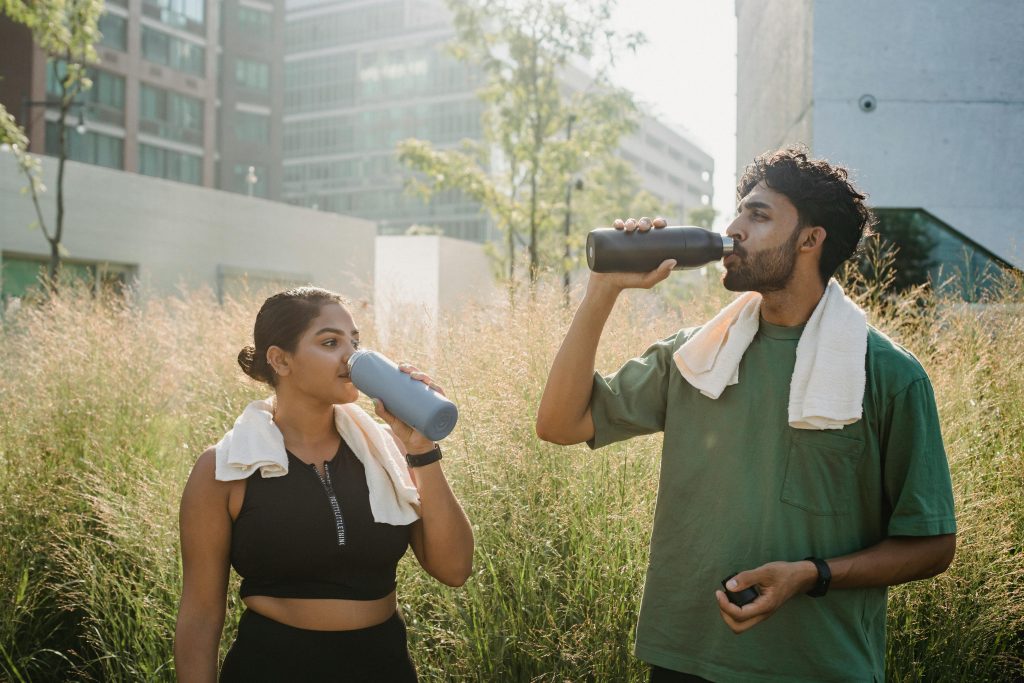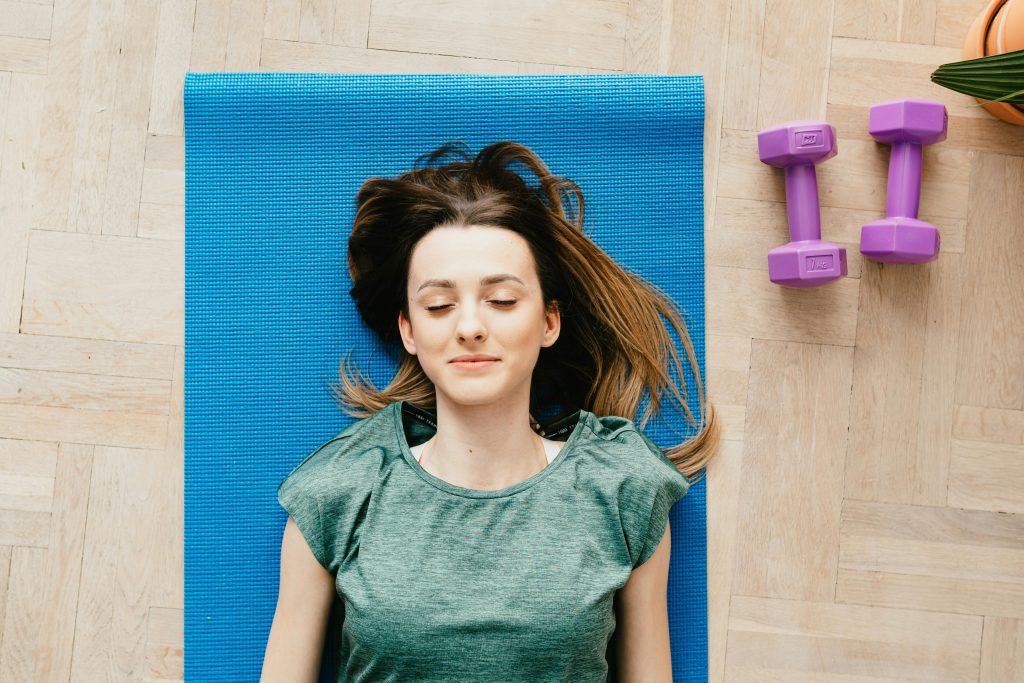The Link Between Exercise and Sleep
The interplay between exercise and sleep is a cornerstone of well-being. Physical activity profoundly impacts sleep quality, with research demonstrating that regular workouts can reduce insomnia, extend deep sleep phases, and even alleviate conditions like sleep apnea. Not only does exercise release pent-up energy, but it also aids in stabilizing circadian rhythms—the internal clock governing when we feel awake and sleepy.
People often underestimate the power of a balanced fitness regimen to unlock restful nights. Whether it’s a light jog in the morning or calming yoga at dusk, exercise serves as a natural remedy for sleepless nights. Let’s explore how.
How Exercise Affects Sleep
Physical Benefits of Exercise on Sleep Quality
Exercise promotes a natural physical fatigue that helps the body transition into a deep, restorative sleep. During intense activities, muscles undergo minor stress that prompts recovery during sleep, especially in the deep phases of the sleep cycle.
In studies, individuals who maintained a consistent workout routine reported falling asleep faster and experiencing fewer disturbances during the night.
Impact on REM and Deep Sleep Cycles
REM (Rapid Eye Movement) sleep, responsible for cognitive and emotional restoration, improves significantly with regular exercise. Meanwhile, deep sleep phases—crucial for physical healing—become more profound and sustained.
Stress Reduction Through Workouts
Stress is a notorious sleep disruptor. Regular physical activity releases endorphins, reducing anxiety and elevating mood. This “feel-good” chemical cascade diminishes nighttime overthinking, one of the main culprits of poor sleep.
Best Types of Exercise for Sleep
Aerobic Exercise and Sleep Improvement
Aerobic workouts, such as brisk walking, cycling, or swimming, have been proven to increase sleep duration and enhance its quality. These exercises elevate heart rates, burning calories while helping the mind unwind post-session.
Strength Training Benefits for Restful Nights
Strength-building exercises improve metabolism, which remains active even after you’ve left the gym. This post-workout calorie burn contributes to healthier body composition, a factor closely linked to better sleep.
Yoga and Meditation for Sleep Enhancement
Low-impact activities like yoga not only stretch muscles but also relax the mind. The meditative aspects of yoga encourage mindfulness, making it easier to let go of intrusive thoughts and drift into slumber.
Timing Matters
Morning Workouts vs. Evening Workouts
Exercising in the morning may be ideal for those who struggle with maintaining energy throughout the day. Early workouts kickstart metabolism and regulate cortisol levels, making it easier to wind down by bedtime.
Evening workouts, while energizing, require careful timing. Overexertion close to bedtime might interfere with your ability to relax, although light stretching or yoga can still be beneficial.
When to Avoid Exercise for Better Sleep
High-intensity workouts late at night are counterproductive for most people. The adrenaline spike from vigorous activity can delay your ability to fall asleep, so finishing exercise at least three hours before bedtime is recommended.
The Science Behind It
Hormonal Changes Triggered by Exercise
Exercise stimulates the release of sleep-friendly hormones like serotonin and melatonin. Serotonin, in particular, converts to melatonin in the evening, naturally preparing the body for rest.
Endorphins and Their Role in Relaxation
Known as “nature’s tranquilizers,” endorphins not only boost mood but also promote calmness. This helps the body enter a state conducive to deep relaxation.
Lowering Cortisol Levels for Sleep Optimization
Cortisol, the stress hormone, can wreak havoc on sleep patterns if elevated. Workouts actively reduce cortisol levels, preventing its disruptive effects during nighttime.
Creating a Balanced Routine
Combining Cardio, Strength, and Flexibility
A varied workout routine that incorporates cardiovascular fitness, strength training, and flexibility exercises ensures all facets of health and sleep are addressed. Balance is key.
Setting Realistic Goals for Fitness and Sleep
Overcommitting can backfire. Set attainable fitness goals that align with your lifestyle, allowing your body time to adapt without overexertion.
Importance of Rest Days for Sleep Recovery
Even the most dedicated fitness enthusiasts need rest days. Recovery periods are essential for avoiding burnout and ensuring muscles repair efficiently, promoting deeper sleep cycles.
Sleep Hygiene and Fitness
Why a Regular Schedule Boosts Both
Consistency is crucial. By exercising at the same time daily, you reinforce healthy sleep patterns and train your body to anticipate both activity and rest.
The Role of Nutrition in Sleep and Fitness
Diet complements both exercise and sleep. Consuming nutrient-dense meals supports workout recovery and maintains energy levels for the day, while avoiding heavy meals late at night prevents disruptions to sleep.
FAQs
Does Exercise Before Bed Affect Sleep Quality?
It depends on the intensity. Light exercises like yoga or stretching can improve sleep, but high-intensity workouts might disrupt it.
What Type of Workout is Best for Insomniacs?
Gentle, relaxing exercises such as yoga, tai chi, or walking are particularly effective for those with insomnia.
Can Over-Exercising Disrupt Sleep?
Yes, over-exercising can lead to elevated stress and cortisol levels, which may interfere with restful sleep.
How Long Before Bed Should You Exercise?
It’s recommended to finish intense workouts at least three hours before bedtime to avoid disrupting your sleep cycle.
Does Walking Count as an Exercise for Sleep?
Absolutely. Walking, especially in the evening, can relax your body and improve sleep quality.
Can Short Workouts Really Improve Sleep?
Yes, even 15-20 minutes of light activity daily can have a positive impact on sleep quality.
Conclusion
The connection between workouts and sleep is undeniable. By incorporating regular physical activity into your routine, you can enjoy more restful nights, improved health, and greater overall well-being. Whether through yoga, strength training, or aerobic exercises, the benefits are clear: a fitter body leads to a well-rested mind.


